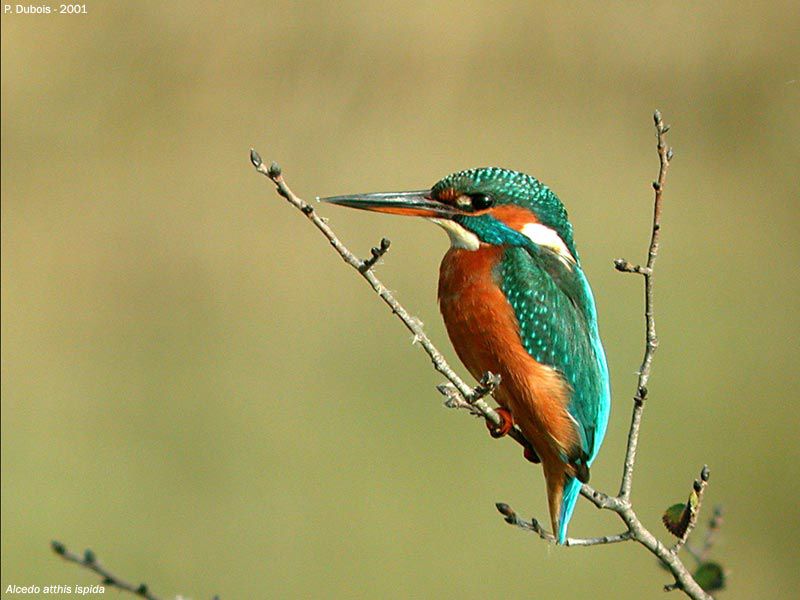-
 Hardware
Hardware
-
 DivX
DivX
-
 ESA
ESA
-
 Genetic pollution
Genetic pollution
-
 Amputation
Amputation
-
 Ankylosis
Ankylosis
-
 Analgesic
Analgesic
-
 Retinal detachment
Retinal detachment
-
 Immunodeficiency
Immunodeficiency
-
 MP3
MP3
-
 Non-woven
Non-woven
-
 Chelonians
Chelonians
-
 Enteritis
Enteritis
-
 Supernova
Supernova
-
 Gravid
Gravid
-
 IP address
IP address
-
 Abduction
Abduction
-
 Substitution based encryption
Substitution based encryption
-
 A rare disease
A rare disease
-
 Heart attack
Heart attack
-
 Magnetoresistance
Magnetoresistance
-
 Abortion
Abortion
-
 Lebanon cedar
Lebanon cedar
-
 Eclipse of the Moon
Eclipse of the Moon
-
 Telecommunications network planning
Telecommunications network planning
-
 Data rate
Data rate
-
 SNP
SNP
-
 Scambaiting
Scambaiting
-
 Bose-Einstein Condensate
Bose-Einstein Condensate
-
 "Goussaud" morphology
"Goussaud" morphology
Natural selection
The expression "natural selection " means a set of phenomena which produces differences in reproductive success in living organisms depending on the features which the organisms possess. Through the generations these mechanisms have therefore selected certain characteristics rather than others.
Principle of natural selection
Natural selection relies on inter-individual variability. It involves characteristics that influence survival and reproductive success itself. The characteristics selected mainly depend on the environment and organisms that adapt better to it over time (available food, predators, prey, competitors, climate, pollution, relief, etc.).
In sexually reproducing organisms they also depend on the attractiveness of one sex towards the other and the success of mating activities. The term sexual selection is used to specifically indicate selection of characteristics that influence the effectiveness of reproduction.
Function of natural selection
Genetic variability and natural selection support evolution, gradual changes in living organisms through the generations, and adaptation to the environment.
 Some dinosaurs with feathers gained an advantage through natural selection. Later, characteristics facilitating gliding and active flight were selected. More recent ancestors of the kingfisher developed characteristics promoting diving in water and grasping small fish became an advantage. © Pascal Dubois / Côté Nature
Some dinosaurs with feathers gained an advantage through natural selection. Later, characteristics facilitating gliding and active flight were selected. More recent ancestors of the kingfisher developed characteristics promoting diving in water and grasping small fish became an advantage. © Pascal Dubois / Côté Nature
Latest
Fill out my online form.



